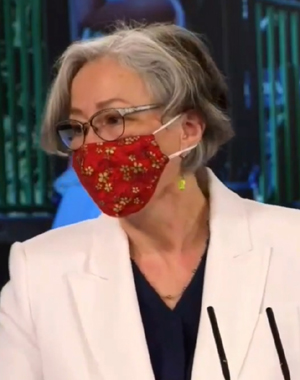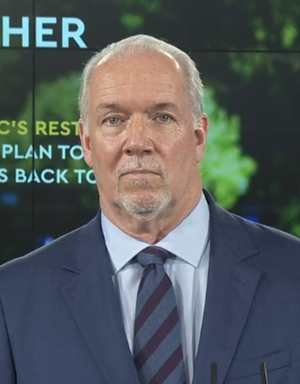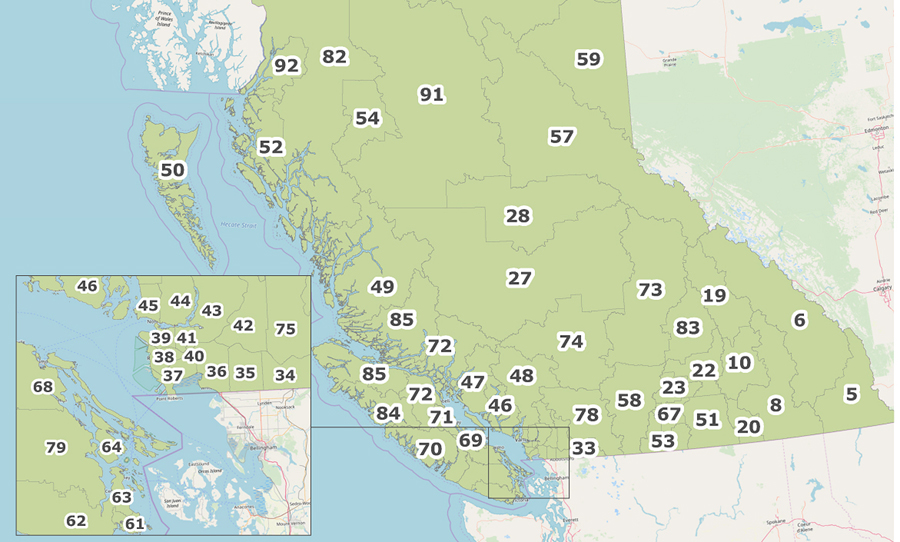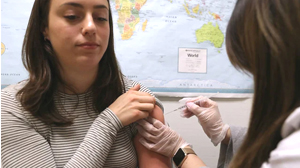
Friday June 18, 2021 | VICTORIA, BC
by Mary P Brooke, B.Sc., Editor | Island Social Trends
“While vaccination is strongly encouraged, it is not mandatory. Proof of vaccination will not be required in schools,” it has been stated today by the Ministry of Health in a statement to Island Social Trends.
Additionally, the statement says: “When you choose to be vaccinated against COVID-19, you are protecting more than just yourself from the virus, you’re protecting everyone around you. The more people who are vaccinated against COVID-19, the sooner everyone in BC will be able to get back to doing more of the things they love.”
Schools will offer in-classroom education again this fall, without the expectation of remote learning. Cohorts (contained learning groups) will not be required, though from a public health perspective there was a call for minimal ‘mixing and mingling’. That announcement was made yesterday by Education Minister Jennifer Whiteside, supported by Provincial Health Officer Dr Bonnie Henry, the president of the BC School Trustees Association, and the president of BC Parent Advisory Councils. The BC Teachers Federation did not participate in that media session.
Vaccination for youth in BC:
None of the four COVID-19 vaccines approved by Health Canada (i.e. Pfizer-BioNTech, Moderna, AstraZeneca and Janssen) have been approved yet for use in children under the age of 12. Some of the manufacturers do have trials underway for children under age 12; Health Canada will review the data from those trials as it becomes available.
In BC, youth ages 12 to 17 may receive COVID-19 vaccination, recently joining BC adults for that availability.
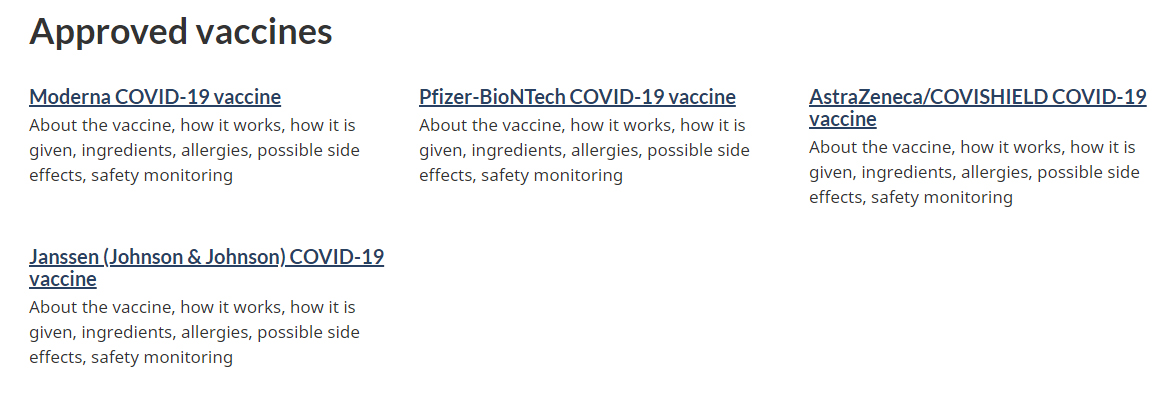
Youth may attend a vaccination appointment on their own, or make plans with friends to get appointments at the same time, or ask a parent or other trusted adult to help with getting registered and to go along to the appointment.
Under the BC Infants Act, mature minors can give consent to receive health care, like getting a vaccine.
“Vaccine clinics are busy and have a limited supply of doses per day,” says BC Health. For household and group vaccinations, BC Health now says that registration is required “with an appointment booked for each child” despite initial enthusiastic promotion by health officials to essentially just ‘show up’ as a family.
Upholding public education:
Of course, in BC the public education system is strongly upheld; it’s a value strongly supported in particular by the current NDP government under Premier John Horgan.
Children of essential workers were given a continued in-classroom education even in the first wave of the COVID-pandemic last year — the rest of families coped with their children staying home to await the emergence of a hastily-cobbled remote-learning system after spring break in 2020.
Many teachers were surprised to learn that they are, by law (BC School Act), essential workers in BC — and many suffered mental distress over that (about 80% of their membership in fact, it has been revealed by the BC Teachers Federation). Teachers were required to be on the frontline of the pandemic (whether in-class or providing continued curriculum delivery remotely) so that the cherished goal of public education could be maintained and achieved.
Frontline work did come with risks during the pandemic. Teachers would be in classrooms with children who may have been exposed to COVID at home or in the community; that potential exposure goes home to their families. Of all BCTF members who reported contracting COVID-19 in schools, the majority were elementary school teachers, so that remains an ongoing concern for the BCTF which says that still needs to be addressed and is calling for continued use of face masks in classrooms this September.
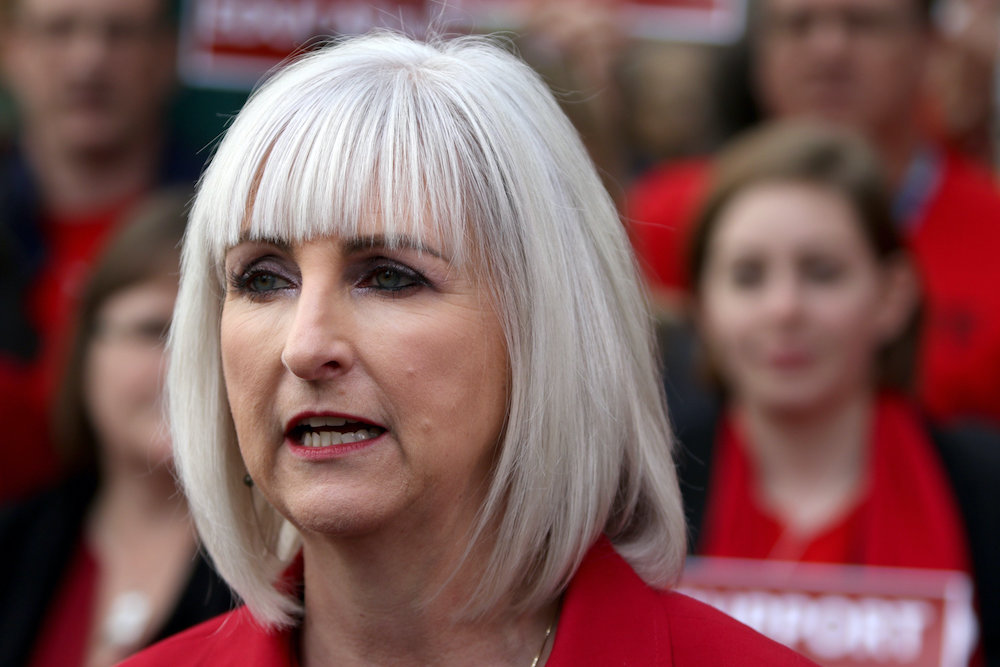
Muscling through in a pandemic:
Some might argue that the delivery of education did not meet its usual standards during the pandemic (due to disarray caused by all aspects of the pandemic upon structural, technological and social aspects of learning).
Group and one-to-one instruction was essentially impossible (other than through Zoom calls), all the usual social structure of school life was mostly impossible (orientation, team efforts, graduations), and learning methods were delivered in any number of untried ways.
But the service was still delivered, guided primarily by the 60 public school districts in BC (20 of which serve the most populated Lower Mainland and south Vancouver Island areas).
Each school district was given the leeway and latitude to deliver education to its local constituency of students and families as best it could during the pandemic. There was one-time funding (both federal and provincial) to assist toward that goal, mostly used for health and safety needs (custodial salaries and cleaning supplies) by most school districts, as well as supporting alternative learning initiatives.
More BC Ministry of Education one-time funding was announced yesterday for the 2021-2022 school year.



